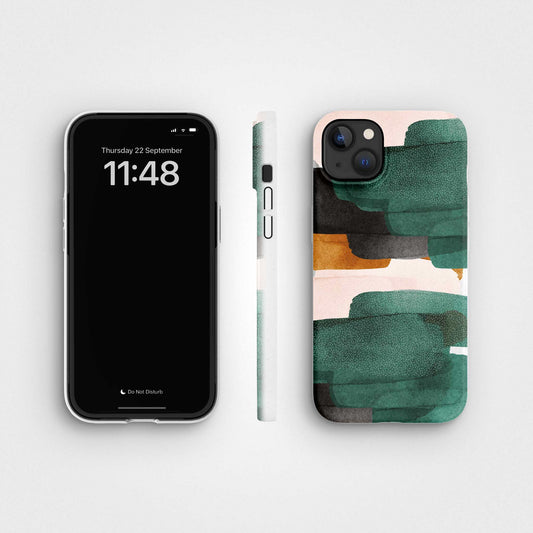What is collaborative consumption?
Collaborative consumption is a lot of different things; some good and some bad, all interrelated. Your definition also depends on how you view it. The owner of a taxi company might not paint collaborative consumption in as rosy a picture as the owner of a ride-sharing start-up - although competitors rarely have nice things to say about one another.
Rachel Botsman, author of "What's Mine Is Yours: The Rise of Collaborative Consumption", and researcher of collaborative consumption defines it as "traditional sharing, bartering, lending, trading, renting, gifting, and swapping redefined through technology and peer communities.”
Rachel Botsman talks about Collaborative Consumption from Nesta UK on Vimeo.
Collaborative consumption and its brethren the sharing economy, are a modern spin, a rebrand if you will, on old concepts. A public or private lending library is a form of collaborative consumption or even a co-op apartment complex - people sharing to obtain what they couldn’t or would be able to afford on their own.
Sounds good. But is it?
How does collaborative consumption work?
At its core, collaborative consumption leverages the individual needs of people with the ability of computers and systems to keep track of things. Whenever you add computers you add at least two things: speed and the ability to scale.
One public library is great, but what about a library system made up of interconnected branches? The second is way better. It’s probably more efficient and you don’t need to keep everything in one place. It’s good for the library and it’s good for the patrons.
So far, collaborative consumption sounds pretty great.

Examples of collaborative consumption
Remember the days of Napster and LimeWire when everybody and their grandfather were “sharing” all sorts of music with each other, much to the chagrin of music moguls and record producers? That’s an example of collaborative consumption - swapping redefined through technology and peer communities.
But what about if you apply that sort of peer-to-peer thinking to people?
Let’s take the car-sharing service Touro. It allows individual car owners to rent out their vehicles to people that need them - basically, crowdsourced car rentals. Airbnb does the same thing for people willing to rent out real-estate. Uber and Lyft, selling a ride.
Etsy, eBay, and Amazon are nothing more than digital versions of the open-air souq - impromptu marketplaces that after a time became permanent locations where caravans could stop and merchants could try selling their goods. Now those souqs can be found on a phone.
These companies sell access to a platform that they try to then scale by growing the user base.
Repercussions of Collaborative Consumption
Boosters of “collaborative consumption” would have you believe that it allows resources to get allocated more efficiently. This is not necessarily true. It may be more efficient than what existed previously but may not necessarily be the most efficient. And it may also foster or create new inequities - from sky-high housing costs to low ball taxi rates.
Remember the taxi service and the ride-sharing company? One is putting the other out of business. Some would say that’s a good thing. Ride-sharing apps provide a better experience for customers and increase the possible number of “taxis.” But it also disrupted the people who were previously in the industry, who used to be able to make a decent annual salary. With more taxis that salary is spread around more people now.
Going back to mp3’s on Napster, people aren’t packets of data easily transportable along the “information superhighway” - that’s what the internet used to be called (now it’s more like Time Square circa 1983). People aren’t bootleg Grateful Dead tracks. People have feelings. They have bad days. They have loved ones who may be sick. They may be hungover. You get it.
Treating people like packets can lead to unintended things.

Connotations
If you split the concept into the constituent words - collaborate and consume - you also get a mix of positive and negative connotations, especially on the consumption front - destroy, squander, and devour are three synonyms that I don't know if collaborate should hang out with.
Maybe improving the rate at which we consume resources isn’t always such a good idea.
There’s not enough time to completely go into the pros and cons of collaborative consumption, but being a conscious consumer means at least thinking of the possibilities and digging around to find more resources. That’s why our founder, Anders Ankarlid, started A Good Company.
We should consider the sustainability factor of the collaborative consumption - is it a desirable way to use and allocate resources on our planet?
Let’s find out together.





























